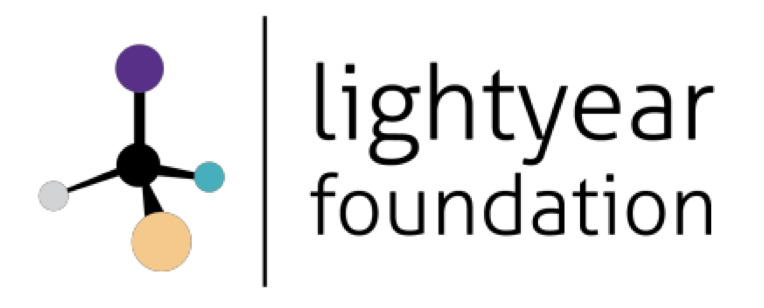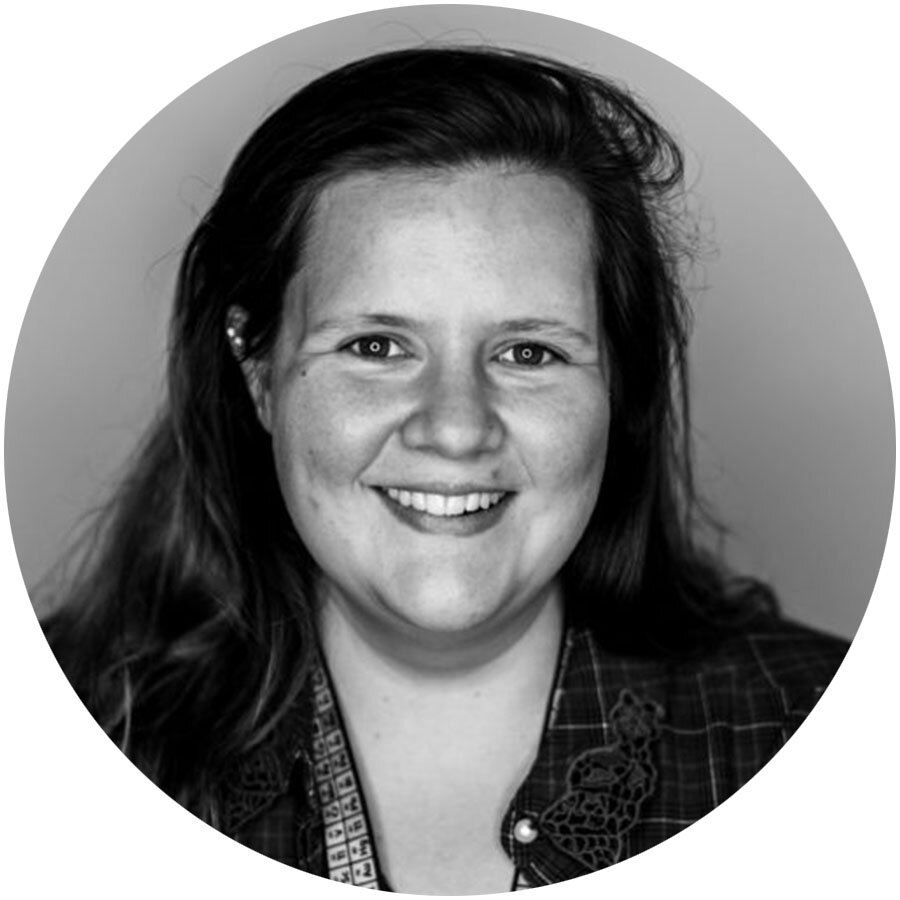CELEBRATING STEM STORIES
EMILY RADLEY
Job Title: Head of Manufacturing and Technical Customer Support at Hexigone
Disability: ADHD and Dyslexia
Why did you want to work in STEM?
When I was little I said I wanted to be a doctor, TV chef and actress. I had the great fortune that, while many people pointed out the impracticalities of combining three individually time consuming careers, I didn’t care and was convinced I could do anything! Slightly further along in my childhood I decided that the doctor was the greatest benefit to society and that Science had the most interesting and satisfying questions for all the whys I asked and for around 10 years I was set. I then discovered Chemistry, alongside many other things and decided that medicine was perhaps not so much for me, who can’t remember whether they’ve eaten breakfast, let alone the names and structures of 22 different amino acids. Chemistry offered me the fundamental answers I craved, a practical range of examples for application, and focused more on the understanding and less on the individual recite and recall ability.
What’s your favourite thing about your job or about working in STEM?
I get to save the world a little bit every day. Part of being a Scientist or joining the STEM crowd as it were, is that you can gain insight to how the world works, you can learn and understand the processes that drive people, production and the planet. With that you can also see the small changes most days, big changes on others, that will help with sustainability, implementing circular economies, reducing green house gas emissions and a plethora of other world saving issues. I also really like wearing my lab coat and challenging people’s pre-conceived notions.
What are your top tips for a disabled young person interested in STEM as a career?
Don’t be disheartened that some things aren’t as easy to you as they are for your peers, there is inevitably something that you fly through, that bogs down others in comparison. Everyone is different. Take the time and support you need to achieve your goals. Don’t benchmark yourself to other people, find your successes and work out what drives them. Feed it, there’s nothing like using what you’re good at to help with a less desirous task or area.
Use as much of the support as you can get, as soon as you can get it. Anecdotally, I thought the only help worth bothering with in my undergraduate was the extra time in exams, until exhausted and worn down I finally went and met the dyslexia support person, I’d had access to but never sorted for my first 2 years. They helped me with everything from scheduling, effective reading, preventing overcommitments to reclaiming my personal time for me. They may well be the reason I was able to complete my BSc in 3 years.
Sometimes things are hard. When your brain or your body don’t do what other people are expecting or what society tells us is normal, that can be hard. That doesn’t mean we’re hard or difficult, it just means we’re different. Some of the most celebrated and amazing people in history, especially in STEM, have been very different. I’d like to think that society is starting to change and view differences as the celebrated, enabled characteristics they should be. We owe it to ourselves and those that come after us to ensure that this is true and that we do everything possible to show how amazing we truly are.


